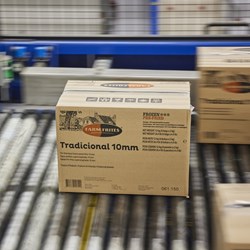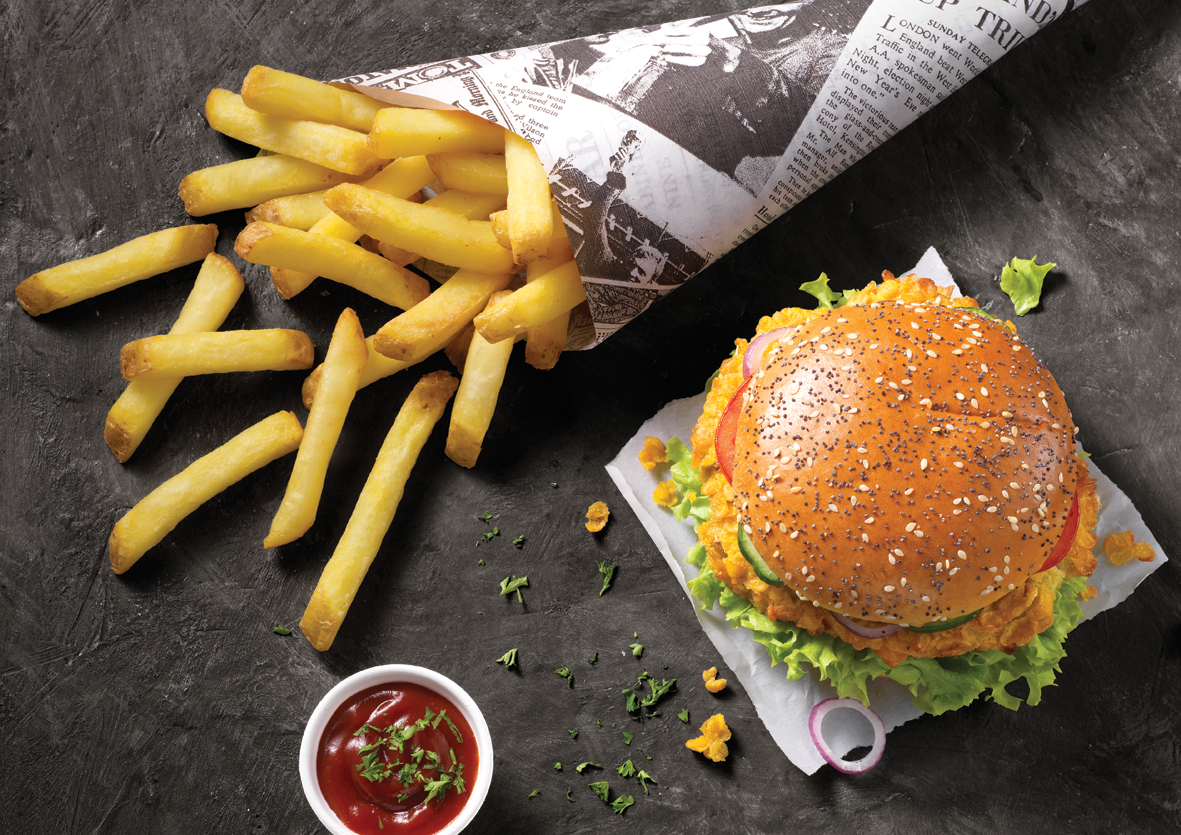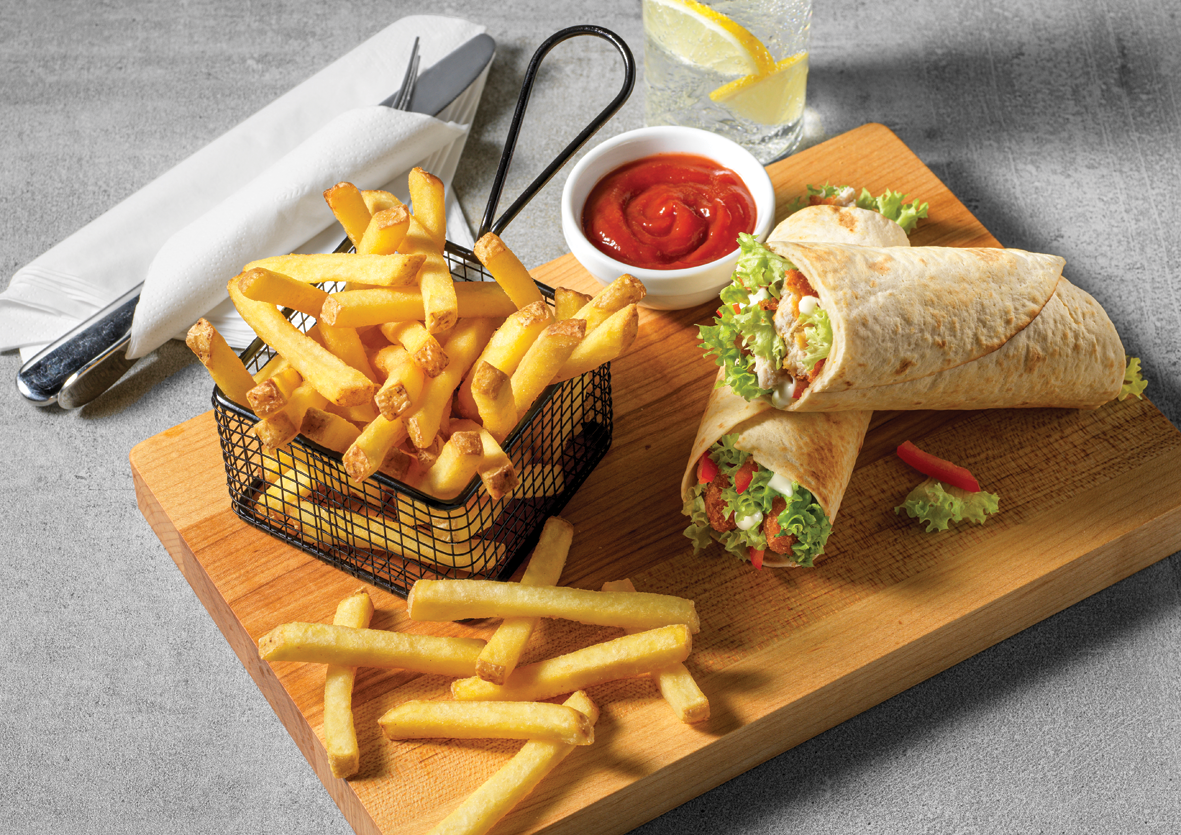


“The challenges facing potato growers are also facing us”, says Leon Boer, Agro & Supply Chain Director for Farm Frites. The potato-product producer has 5 production sites, including one in Lommel, Belgium. “Just as important as energy costs, is product efficiency in the supply chain.”
The greatest challenges, i.e., the dry season and the Ukraine crisis, have passed their peak. On the other hand, energy costs are still inflated. “We need to switch to renewable energy soon”, says Leon Boer, Agro & Supply Chain Director at Farm Frites. The second major challenge is the European Green Deal, which is hardly making things easier for the potato growers. In particular, Boer cites land retirement, farmland biodiversification and the Nitrates Directive, which comes into effect next year. In 2023, potatoes will have to be harvested earlier to make room for catch crops. That will have an adverse effect on yield potential.

Supply-chain Challenge
"The challenges facing potato growers are also facing us, because our raw material is 100% potato", emphasises Boer. "We are in a market that has begun to grow again, following a decline during the Covid crisis." It won’t be enough to import potatoes, we need higher yields from the regions we currently turn to. "Efficient new areas will have to be discovered. They may already have been discovered, but the potatoes just have to be harvested", says the Agro & Supply Director for Farm Frites. "In the supply chain, we shouldn't just place our faith in North-west Europe, the US and Canada."

Innovations
Boer tells us that the factories in Lommel and Oudenhoorn in South Holland are continually innovating. Farm Frites and its suppliers are collaborating to increase the sustainability of their production lines and installations and making savings in water (79.773 m3 in 2018-2021) and energy. More than 99% of the potato is used or reused. The potato tubers are processed into animal feed or fermented for sustainable energy production. In 2021 the group used 60,350 MWh of sustainable energy. On the HIP project in the Netherlands, the food company collaborates with potato companies, potato breeders and knowledge institutions to improve the yield of potato varieties. "These are still difficult waters to navigate. To begin with, because more potatoes will have to be grown on less land, under more difficult conditions (climate change and Green Deal 2023), and then again, we need a higher-yield variety with improved potato consistency. We have had the odd breakthrough in other crops, like sugar beet: until the year 2000, it gave us a yield of 60 thousand kilograms per hectare. That figure is now 100 thousand kilograms. We need a similar step in potato growing."

‘The average Belgian is still Burgundian at heart. If producers of prepared meals use additives, it is because they - like the other ingredients - have a purpose. It is a fallacy that all sorts of things are added to meals just for no good reason,’ explains industry federation director Anneleen Vandewynckel.

How can microorganisms be used to manufacture alternative (milk) proteins? This can be achieved in two ways, explained Julia Keppler of Wageningen University & Research at the spring congress of the Society for the Advancement of Dairy Science.

Food companies use additives in their products for specific functions, says FEVIA, the federation of the Belgian food industry. “Statements against 'ultra-processed' foods are often scientifically unfounded."

Naturally occurring magnesium chloride (MgCl2) is a healthy, innovative alternative to sodium chloride (NaCl), commonly known as salt. Nedmag introduced this product to the market in February. Application Technologist, Jetze Wijnia discusses the benefits. “The ingredient, or additive, is not only natural but can also reduce the amount of sodium in...